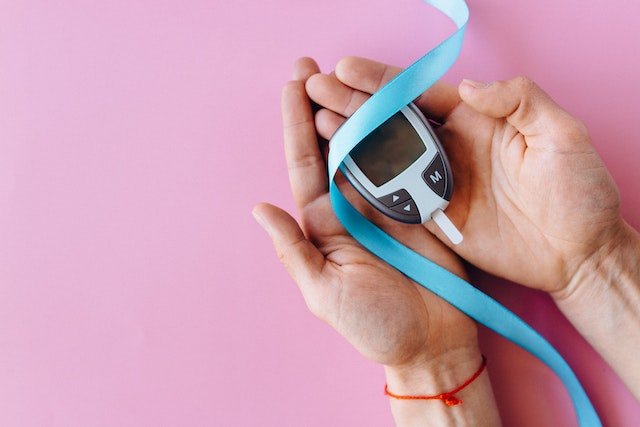Diabetes and depression are two of the most common and severe chronic conditions that can significantly impact a person’s life. Adding to the menace, the two conditions share a close and complex association. As per the Centers for Disease Control and Prevention (CDC), the chances of being diagnosed with depression increase 2-3 folds among people with diabetes than those without. Additionally, people with depression have an increased risk of developing Type 2 diabetes.
The management of diabetic symptoms relies heavily on an individual’s ability to monitor their daily life. Having depression makes these patients lethargic and less compliant with these self-care responsibilities, which results in long-term health complications and a decreased quality of life. This is why it is integral for people to learn about the connection between diabetes and depression and find timely professional help to deal with their condition effectively.
On that note, let us dive deeper into the link between diabetes and depression.

How are diabetes and depression connected?
Diabetes is a tough and challenging condition that severely affects the quality of a person’s life. Many people feel overwhelmed while coping with the daily requirements and strict routine of a life with diabetes. This leaves people feeling stressed, which eventually leads to depression.
Depression, on the other hand, can cloud a person’s judgment and interfere with their day-to-day functioning. As per research published by the National Library of Medicine, depression causes an increase in the cortisol hormone. This increase interferes with the body’s ability to process blood sugar or glucose. This way, a person with depression and an unhealthy lifestyle is more at risk of developing diabetes.
Both diabetes and depression are caused by a similar set of risk factors. These include:
- obesity,
- family history,
- inactivity,
- hypertension, etc.
Read more: Top Anger Management Classes Explained.
Are there any different signs and symptoms for people having both depression and diabetes?
Coping with a chronic condition like diabetes is tough and overwhelming for most people. If you have diabetes and have been feeling sad or depressed, and the feelings don’t seem to recede, you might suffer from depression. The common symptoms include:
- not finding happiness in activities you previously enjoyed,
- sleeping too less or too much,
- difficulty in concentration,
- feeling tired and lethargic,
- constantly feeling nervous or anxious,
- feeling lonely,
- having suicidal thoughts, or
- harming yourself.
Additionally, poor management of diabetes can also cause symptoms similar to that of depression. If your blood sugar level is too high or low, you might feel anxious, lethargic, or restless.
Treatment options
There are several treatment options available for treating depression and diabetes together. These include medications, psychotherapy, combination treatment, and lifestyle changes. Along with these, stress management techniques have also played an essential role in the patient’s well-being.
Read more: Best Online Therapy Platforms.
Conclusion:
Depression tends to occur with diabetes frequently. It can be a risk factor or a complication resulting from diabetic symptoms. In any case, recognizing the symptoms of depression with diabetes is the first step toward getting the appropriate help.
Now that you know about the connection between depression and diabetes, let’s take you one step further. Do you know that obesity and poor mental health are closely related? Read on to learn more about their connection here.
To continue learning about mental health, subscribe to Your Mental Health Pal.

